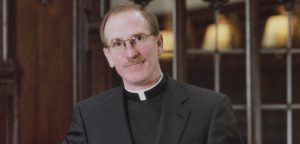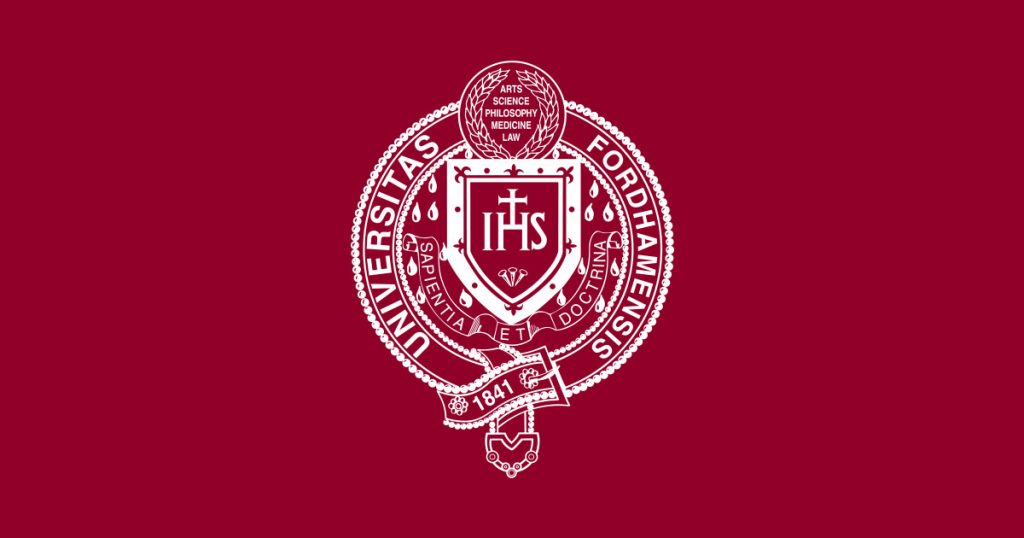Dear Members of the Fordham Family,
By now many of you have heard about the verbal altercation that occurred last week between members of the College Republicans and the student staff at Rodrigue’s Coffee House at Rose Hill. The University has launched an investigation into the incident to better understand what happened and what can be learned from the altercation. Our Student Affairs staff will certainly counsel the students involved on how to better manage such situations in the future. Whether any students are subject to the conduct process will depend on the outcome of the investigation.

Several bloggers and a few news outlets have seized upon the Rodrigue’s student’s use of the term “safe space,” to describe the coffee shop and derided them for doing so. I want to clarify that the University does not have a safe space policy, nor any policy that excludes members of the Fordham community from any public space on campus on the basis of their political views. Having said that, I must say that I believe that Fordham itself should be a safe space—safe in the sense that it is and must remain a place where all of the members of the University community are free to share their opinions, and to have those opinions respectfully tested by their peers. Thus, Fordham must be safe in the sense that, no matter how grave our disagreements or differences may be with regard to politics, all of the discussions surrounding those differences must be considerate and civil.
Rather than try to shield students from the world’s sharp edges, I hope and believe that a Fordham education can and should make them more resilient and better prepared—intellectually, morally, and spiritually—to engage the world on their own terms. I want to say this, as well: I have heard and seen hateful rhetoric aimed at both sides in this dispute, including rhetoric from members of the Fordham community. This is wrong. If your aim is to have your ideas prevail, name calling and cheap provocations will not enable you to achieve that goal. If you write or speak to wound, you are not in touch with the better angels of your nature. Moreover, you should know that such a way of proceeding not only hurts your intended target but also damages your own credibility. To speak hatefully—to provoke, to cause pain—is not what we teach, espouse or value at Fordham. It is not a sign of leadership. It is not, to put it mildly, in line with the Gospel. That kind of speech has no place at a University (and especially not at a Jesuit university) nor in a democracy.
Finally, I ask everyone to remember that those involved in this situation are students; first and foremost they are here to learn, and they may make mistakes. Therefore, as painful and unnerving as this moment has been and is, I hope and pray that both they and we can all learn from it. I also pray that what we have been through will lead us to reaffirm who and what we believe ourselves to be: members of a community that is marked by and committed to mutual respect, reverence and affection. Therefore, I ask that, whatever your view of the incident or the students’ intent, you try to approach their actions with compassion. I promise that an understanding response will be better for all of us, including the students.
Sincerely,
Joseph M. McShane, S.J.

